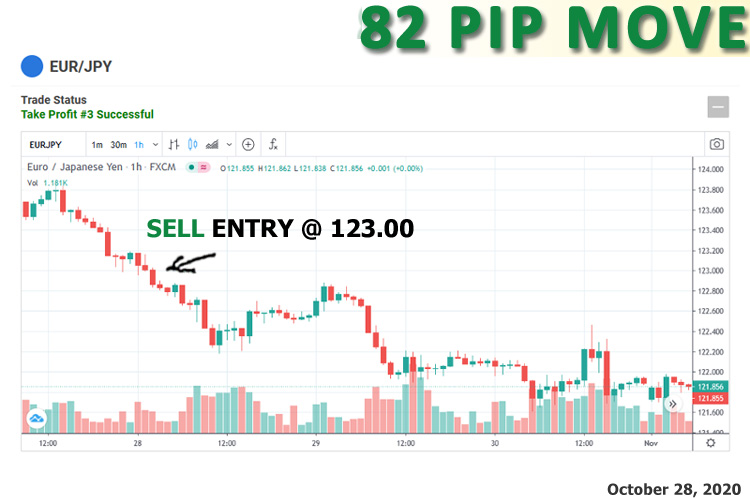Yen leads the pack
The JPY is the top performer last week as risk aversion continues in the market, with the rising number of Covid-19 cases pushing investors to seek the safe-haven currency.
Yen performs excellently
The Japanese Yen (JPY) was the best performer of the week as investors sought safe-haven currencies to protect their investments. The USD/JPY pair is trading in the red for a third consecutive week. The increasing number of Coronavirus cases in the United States and Europe helped propel the Yen against the U.S Dollar and Euro.
The Yen also experienced massive gains against the Euro. The EUR/JPY pair started the week trading at 124.07 but experienced massive losses to end the week trading at 121.88. The Yen’s performance comes despite the Bank of Japan announcing its decision to leave the cash rates unchanged, which is in line with the analysts’ expectations. The Japanese GDP is expected to shrink by 5.5% by the end of the current fiscal year. However, the economy is expected to bounce back and grow by 3.6% in the coming years. These figures are better than the earlier estimations by analysts, giving the JPY room to perform excellently against the other major currencies.

The British Pound was one of the worst performers of the week. After excellently starting the week due to positive Brexit talks, the GBP slipped and underperformed against the major currencies. The GBP/USD pair started the week at 1.30 but lost momentum and was trading at 1.29 by Friday.
Forex weekly outlook: U.S. elections take center stage
The U.S presidential election is the major focus this week. The world will be focusing on the results of the presidential election of the largest economy.
Eurozone Manufacturing PMIs: Monday
The week will start with the manufacturing PMI figures released in Spain, Italy, France, Germany, and the entire Eurozone. The German and Eurozone PMIs are expected to increase in October, with analysts estimating 58.0 and 54.4, respectively.
U.K. Manufacturing PMI: Monday
In the U.K, the manufacturing sector has also been expanding. The PMI dropped from 55.2 to 54.1 in September, but it is expected to decline further to 53.3 in October.
U.S. Presidential Election: Tuesday
The global financial markets will be keeping a close eye on the United States presidential election. Voters will choose between Joe Biden and Donald Trump. The U.S. Senate race will also be interesting to watch and will likely cause volatility in the markets. Contesting the results could lead to extra market fluctuations.
Reserve Bank of Australia Rate Decision: Tuesday
The RBA has maintained its Cash Rate at 0.25% since March. However, it is expected to drop the rates lower, with analysts expecting the central bank to cut rates to 0.10%.
Bank of England Rate Decision: Thursday
Analysts expect the BoE to keep the Official Bank Rate at the current 0.10% while the Q.E. will stay at GBP 745 billion.
Canada Employment Report: Friday
Job creation in Canada remains strong. In September, 378.2 thousand jobs were created, up from the 245.8 thousand recorded in the previous month. The unemployment rate declined by 9% in September. The upcoming figures could affect the performance of the USD/CAD pair.






Leave a Reply
You must be logged in to post a comment.